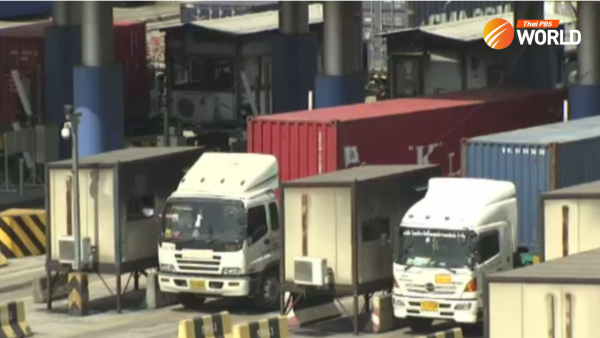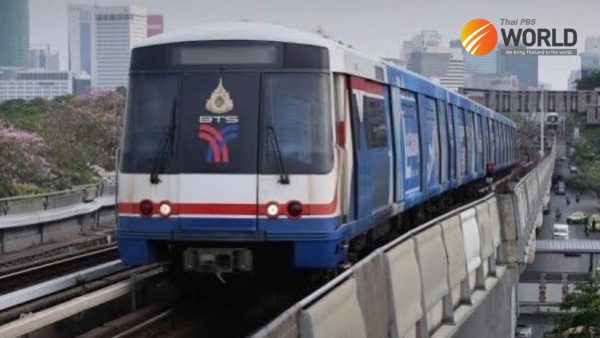Will the government’s domestic travel measures persuade travelers to pack their bags?

While the other economic engines are losing steam, the government hopes to use the tourism
sector to boost the country’s economic growth.
Recently, the government announced additional measures to promote hospitality business
which is the top-earning service sector. The measures include the “Visit Thailand with Bt100”
and “Shocking Price Weekday Travel”.
The government hopes that, together with the Bt1,000 cash handout program, these measures
will encourage people to spend and travel in the final quarter of the year.
Additional stimulus is needed, amid a drop in Thailand’s consumer confidence index. Thai
families have become more cautious in their spending due to worries about their rising
expenses and grim outlook.
External trade does not bode well either. Several economic think tanks project that, on an
optimistic note, Thai export growth this year may record a flat rate of zero percent. However,
chances are Thai outbound shipment in 2019 may fall around 2 percent when compared to last
year.
Then, the government pins hope on travel and tourism sector which contributes around 22
percent to Thailand’s gross domestic product. The sector has proved to help generate earnings
to the country through thick and thin. It has also created job opportunities for many in related
industries such as food and beverages and real estate.
In the first nine months of this year, foreign investor numbers stood at 29.46 million, up 3.5
percent. It is expected that 40 million visitors will visit Thailand this year. The Tourism Authority of Thailand hopes to welcome 41.8 million foreign visitors in 2020, and these tourists are
expected to spend Bt2.22 trillion in Thailand.
However, inbound tourism can be fluctuating. The strengthening Thai baht can be a factor to
dampen the sentiment of inbound tourism in some markets. For example, the Ministry of
Tourism and Sports reported that, in the first eight months of this year, the number of European
holiday makers contracted 1.9 percent to 4.4 million, led by those from major markets, such as
Russia, Germany, Sweden and France.
The shrinkage is attributable to a number of factors, such as their slowing economies, the
appreciating the Thai baht against the Euro and other currencies, which has affected their
decision to choose holiday destinations. In addition, many European countries are experiencing
severe weather conditions, making it more difficult for them to travel. European tourists may
travel to other new destinations, as well.
Meanwhile, the growth of Chinese tourist arrivals in the first eight months also experiences a
drop from last year, even though there are signs of recent rebound. It is expected that Chinese
tourists to Thailand in the entire 2019 will increase between 2-4 percent, with around 10.9
million Chinese tourists coming to Thailand.
As inbound tourism is also conditional upon several uncontrollable factors, the Thai
government has also aimed for domestic travel which can also play a role in boosting
economies in secondary provinces. A series of campaigns have been introduced.
Mr. Yuthasak Supasorn, Governor of the Tourism Authority of Thailand, expects the stimulus
measures to increase the number of tourists in the fourth quarter by 10-20 percent.
He expects the total domestic travelers by the of this year will increase to 180 million
people/trip, boosting the tourism revenue by 5-10 percent and translating into the overall
tourism revenue of Bt1.12 trillion.
Before the measures, it was initial expected that the number of domestic tourists will reach 166
million/trip, generating earnings of Bt1.05 trillion.
Kasikorn Research Center recently carried out a survey among Bangkokians to find out their
travel plan in the last quarter. The survey found that in final three months of this year,
Bangkokians should generate around Bt60 billion on domestic travel. For the entire 2019, the
tourist receipts from people residing in Bangkok Metropolitan Region are expected to reach
Bt227.3 billion, up 2.6 percent from 2018.
Hospitality business operators welcome the measures even though some view the measures as
the short-term and they may not help sustain the momentum of tourism in the long run.
Besides, the complicating registration process may discourage people from signing up to the
benefits offered by the program.






